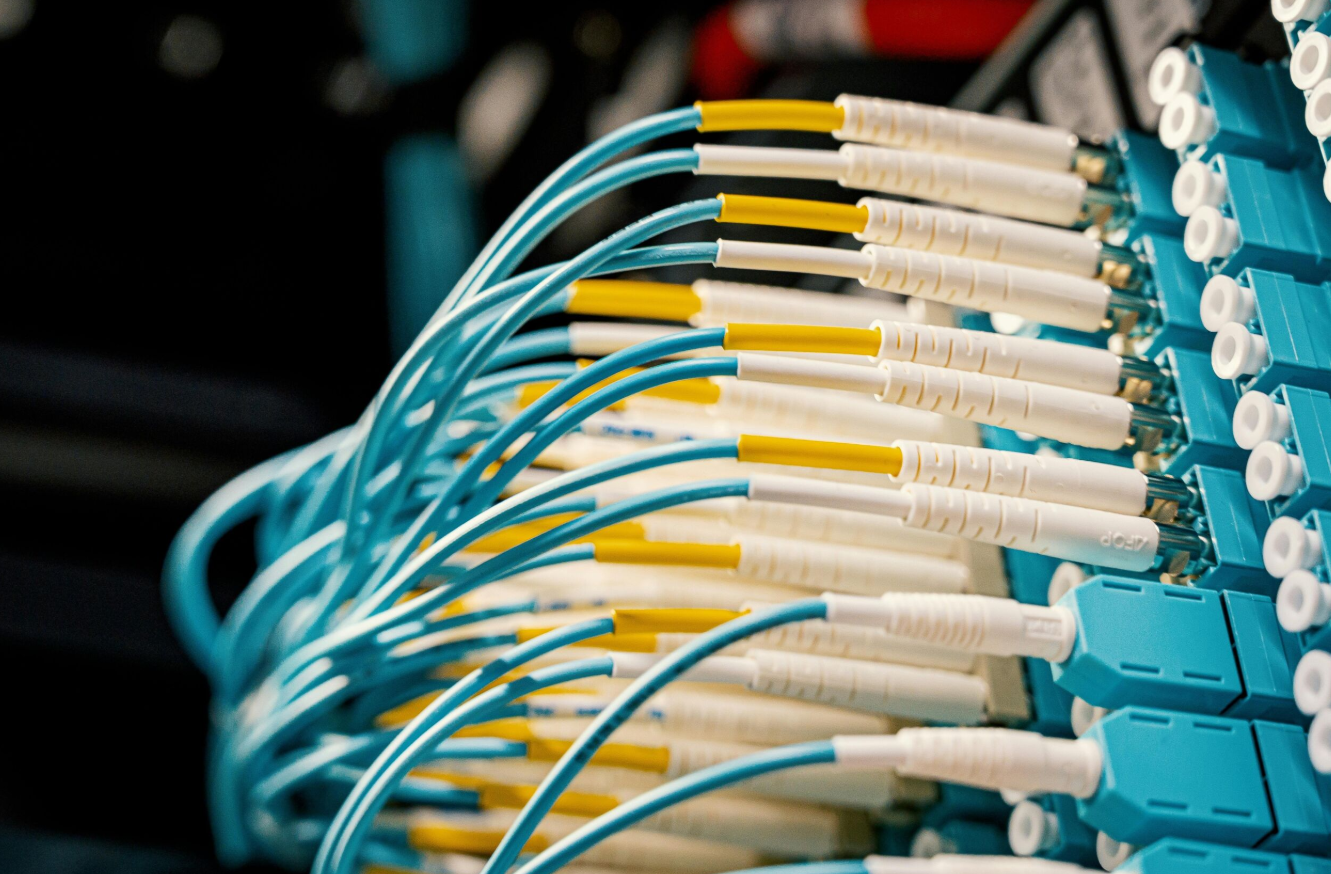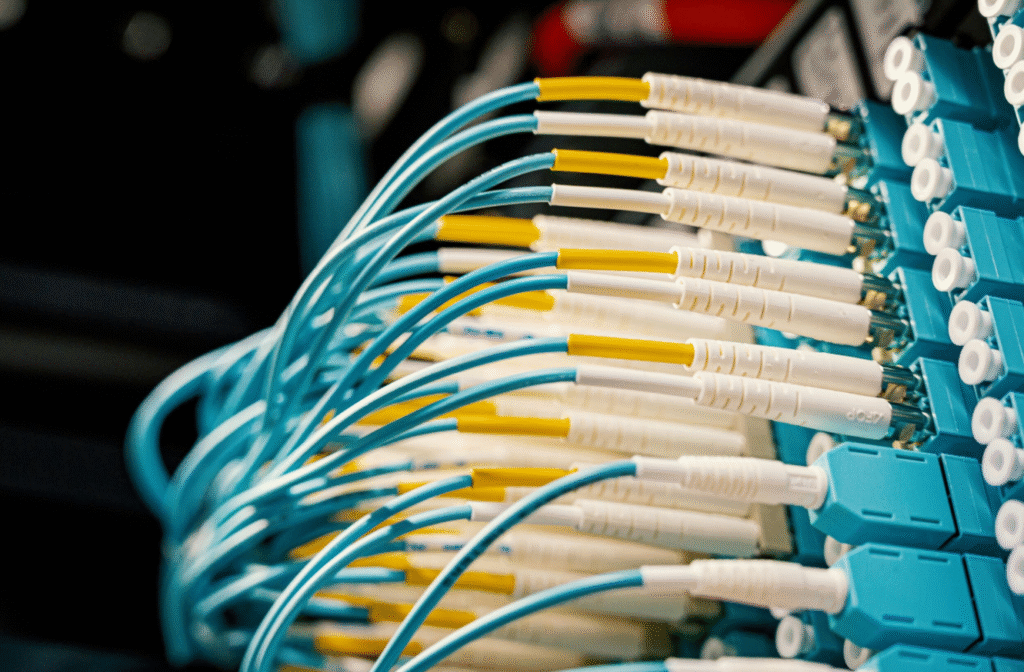
THE federal funds for the CNMI broadband access program are “safe,” according to Special Assistant for Broadband Policy and Development Glen Hunter.
In an interview on Monday, he said the $81 million that the CNMI received last year from the National Telecommunications and Information Administration for the Broadband Equity, Access, and Deployment or BEAD program and the $13 million from the U.S Treasury for the partnership with Google in laying fiber optic cables in the CNMI “are safe” and “secured.”
Hunter said the funds have already been awarded to the CNMI by the federal grantors.
He said that last week, when the U.S. Office of the Management and Budget issued a memo regarding a “pause” in spending federal grant funds, “we had to be proactive, so we reached out to our federal counterparts, which told us all funding is on status quo, meaning the funds are safe.”
He said the funds for the governor’s broadband bootcamp came from the BEAD program. His office will launch the subgrant phase in the next month or so as planning has already been completed, Hunter said.
As for the MOU with Google, he said it is for the development of a Core Node in the CNMI and the landing of at least four transpacific subsea fiber optic cables.
The $93 million project is funded by Google, while the CNMI is contributing the $13 million it received from the U.S. Treasury.
The Commonwealth, through BPD, also secured two Digital Opportunity grants in the amount of $2.1 million as well as $2.5 million for developing programs “to address the digital divide.”
Moreover, BPD secured a U.S. Department of Agriculture Broadband Technical Assistance Grant in the amount of $500,000.
Excited
Gov. Arnold I. Palacios, for his part, expressed excitement about the ongoing fiber optic technology bootcamp, which attracted about 300 local residents at the Governor Pedro P. Tenorio Multi-Purpose Center in Susupe.
In a press conference on Thursday, Palacios told reporters that one of the “great takeaways” in the recent signing of an MOU between the CNMI, Google and Citadel is the broadband bootcamp that aims to train U.S. workers in fiber optic technology.
Palacios said he is “really happy about” the broadband bootcamp, which will run for four months. It is being conducted in collaboration with Northern Marianas College, the Northern Marianas Technical Institute, Island Training Solutions, and the CNMI Department of Labor-Workforce Investment Agency.
Hunter said each of the trainees receives up to a $6,000 stipend. That’s the maximum they can earn if they complete the entire course and don’t miss any classes, he added.
According to the governor, “When the fiber optic starts coming in and the broadband project kicks in, we will have local residents that have the skill set, potentially to be employed by IT&E, Docomo or Pacific Data Systems.”
He said that “it is going to bring a totally different industry,” and “there are a lot of folks who want to get into the program.”
BPD said the broadband bootcamp is a “historic move to develop the CNMI’s digital landscape.”
Hunter said the enhanced connectivity to the internet “will empower our local businesses, provide access to educational resources, and improve communication among our islands. It will facilitate innovation and attract new opportunities for economic growth. With this infrastructure in place, we can ensure that our residents have access to reliable internet services that are essential for participation in today’s digital world.”











